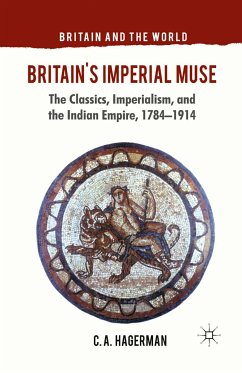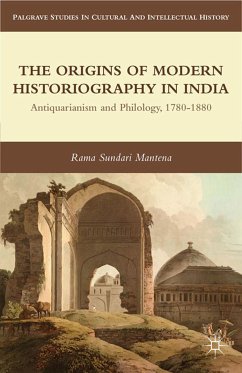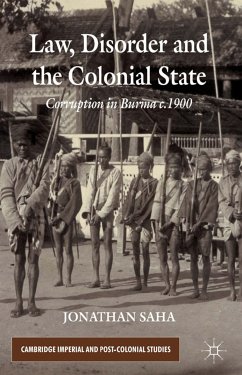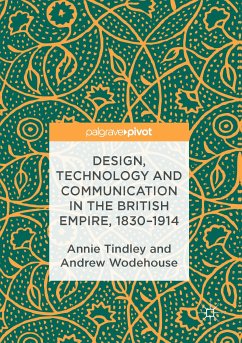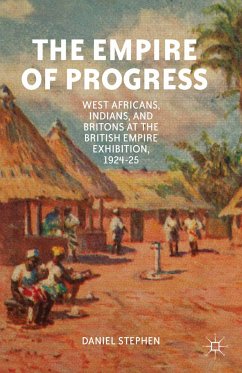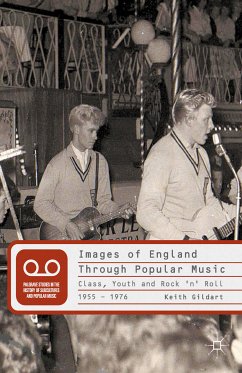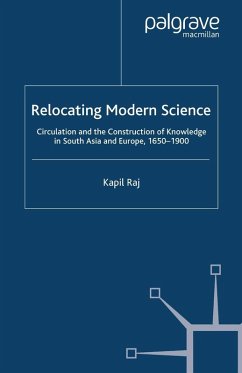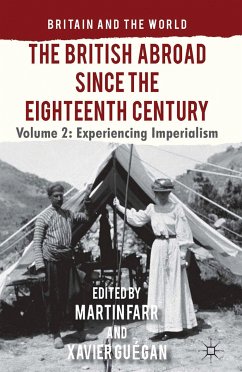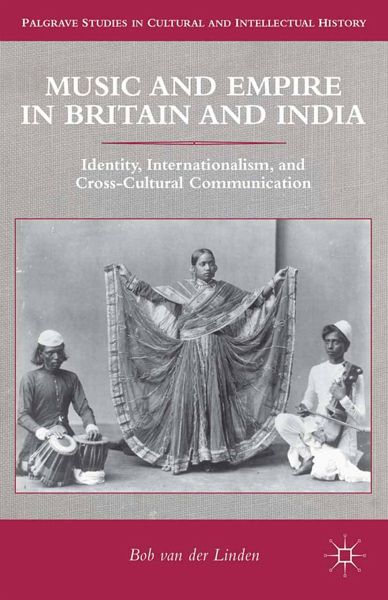
Music and Empire in Britain and India (eBook, PDF)
Identity, Internationalism, and Cross-Cultural Communication
Versandkostenfrei!
Sofort per Download lieferbar
40,95 €
inkl. MwSt.
Weitere Ausgaben:

PAYBACK Punkte
20 °P sammeln!
Music has been neglected by imperial historians, but this book shows that music is an essential aspect of identity formation and cross-cultural exchange. It explores the ways in which rational, moral, and aesthetic motives underlying the institutionalization of "classical" music converged and diverged in Britain and India from 1880-1940.
Dieser Download kann aus rechtlichen Gründen nur mit Rechnungsadresse in A, B, BG, CY, CZ, D, DK, EW, E, FIN, F, GR, HR, H, IRL, I, LT, L, LR, M, NL, PL, P, R, S, SLO, SK ausgeliefert werden.



